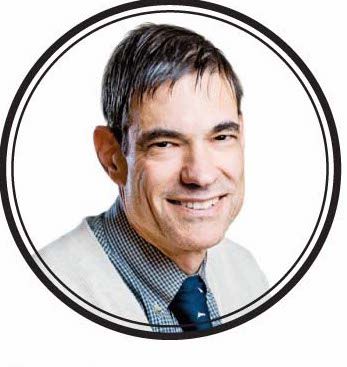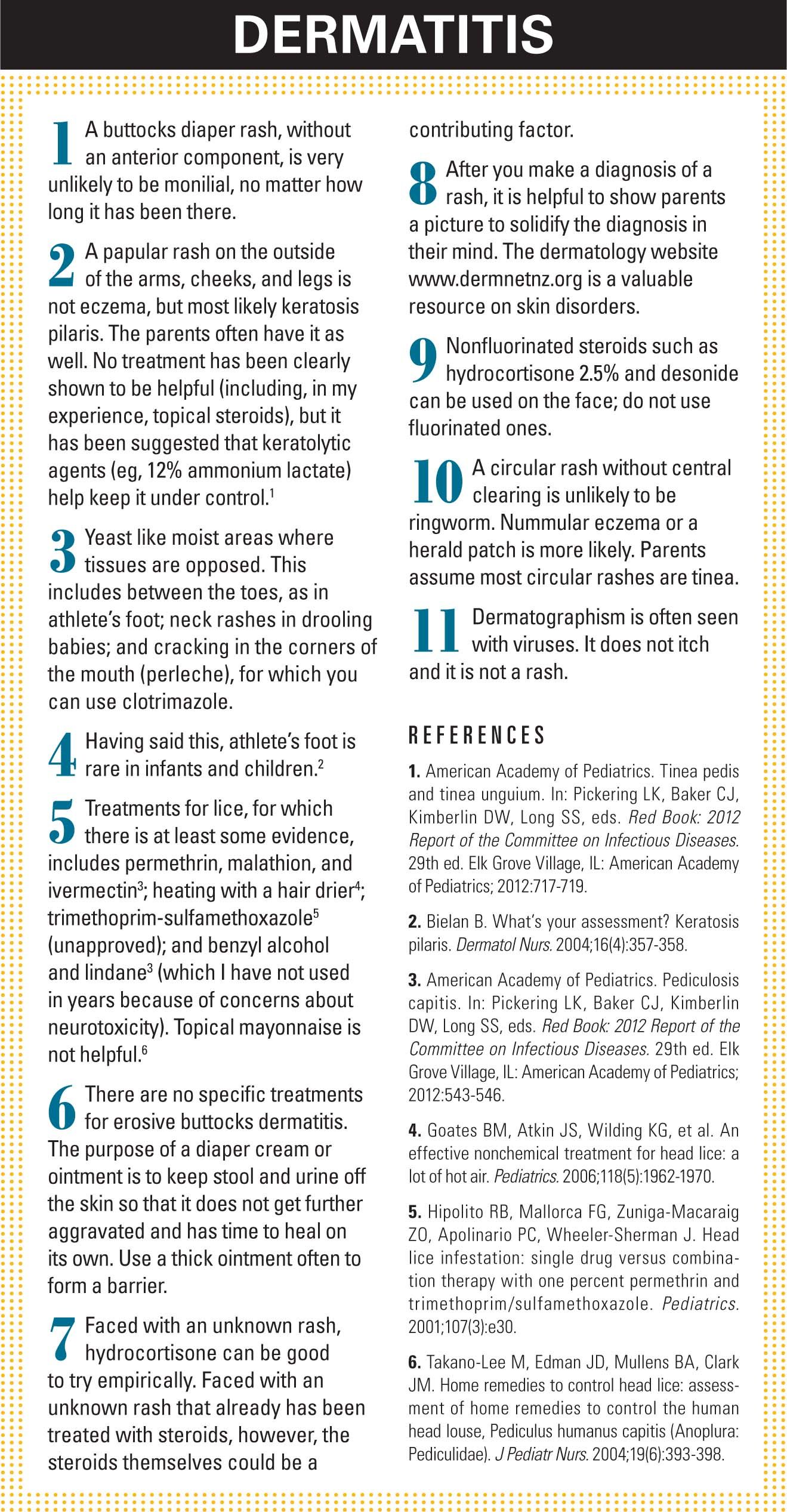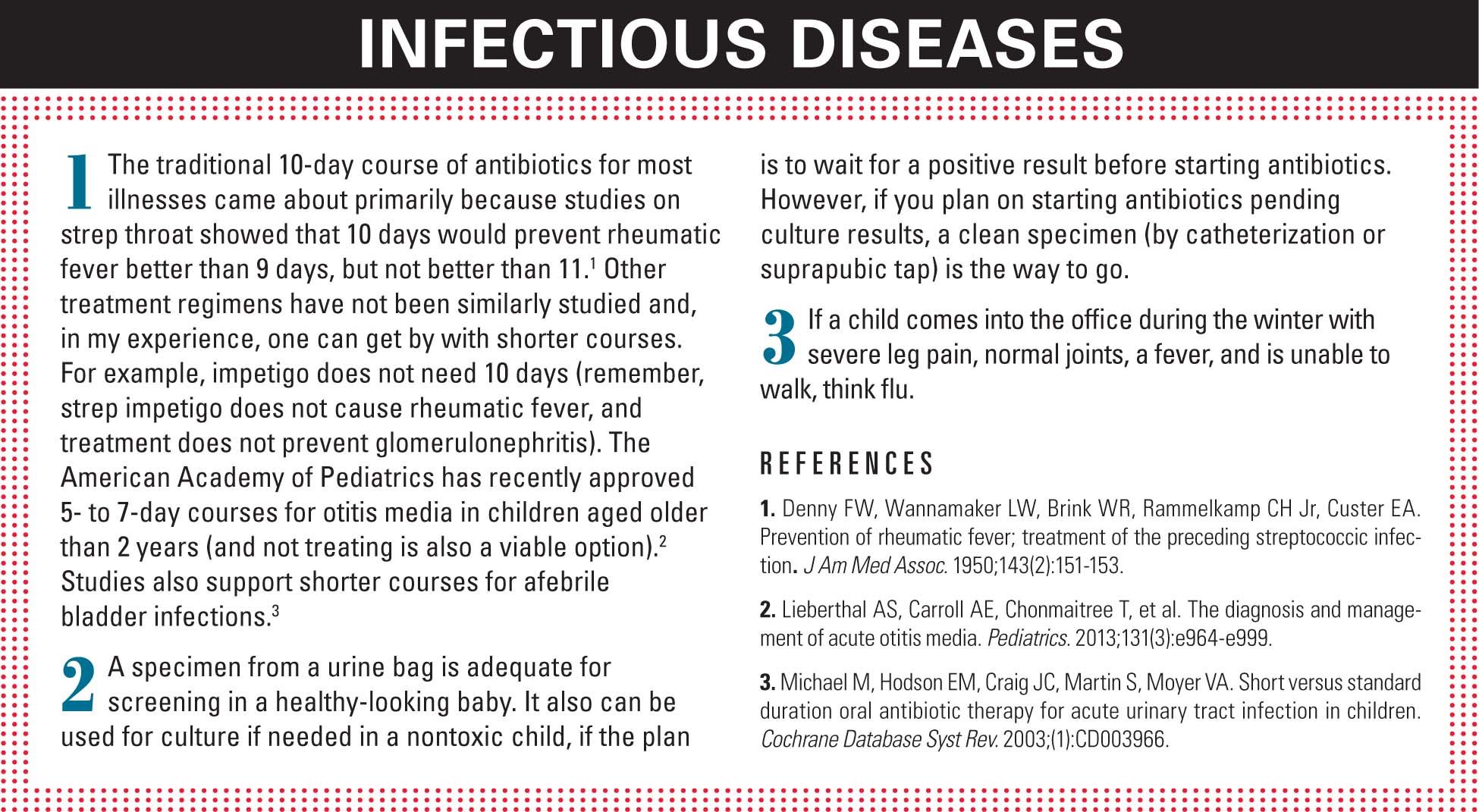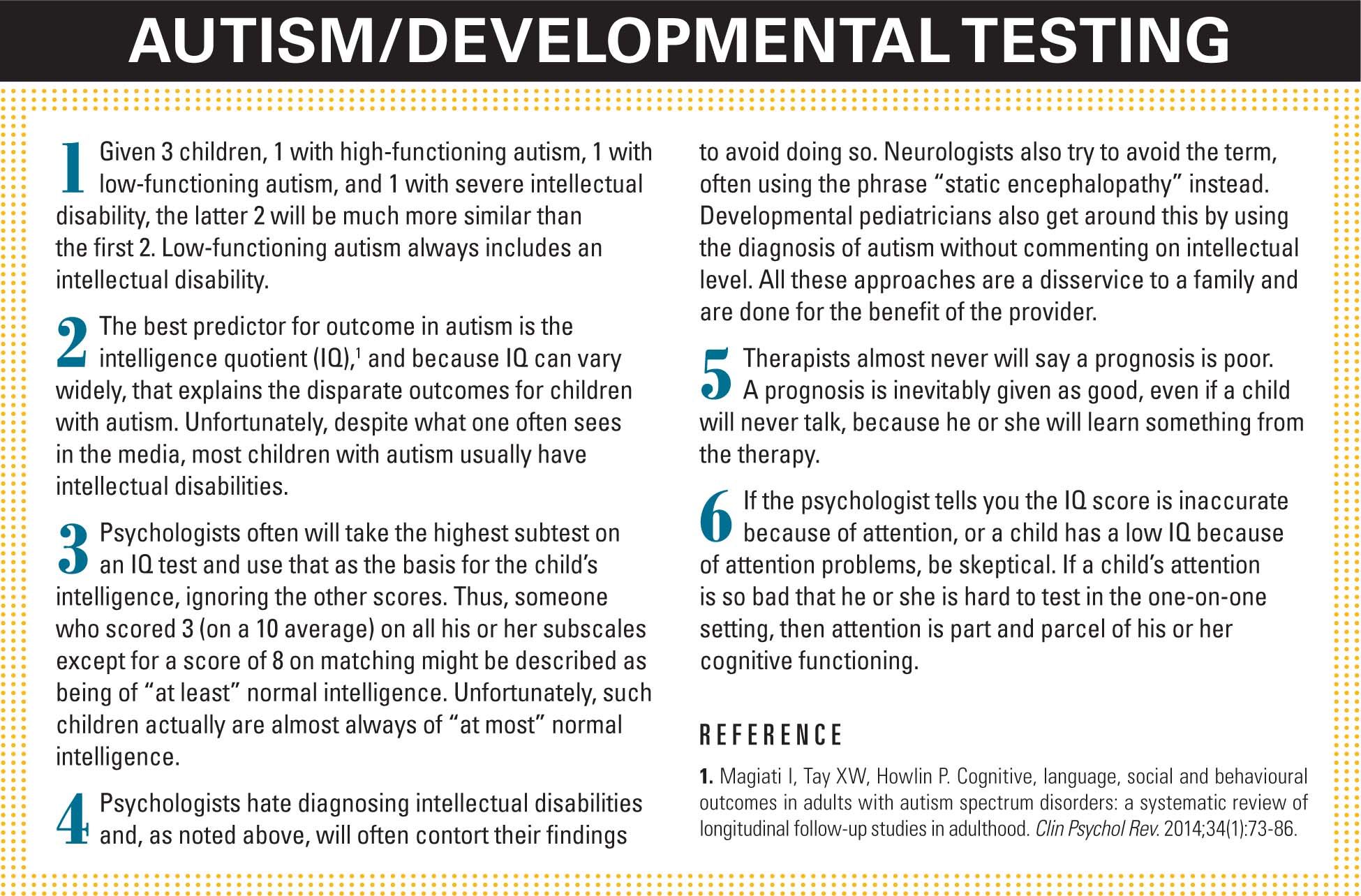More pearls from the trenches
In my many years as a pediatrician, I have identified a number of “pearls,” or words of wisdom, that can help in the clinical setting.

In my many years as a pediatrician, I have identified a number of “pearls,” or words of wisdom, that can help in the clinical setting. Some of these pearls are practical, but relatively little known, tips. Some of them are common but erroneous medical beliefs held by parents that must be addressed in order for families to follow through on a treatment plan or have faith that their pediatrician knows what he or she is doing. Lastly, some pearls are erroneous (or, at least, unsubstantiated) beliefs held by pediatricians themselves. In this second of several articles, I will review more of these unknown truths and known falsehoods.
Support for the following statements will be of various strengths. Although much of early medical school teaching is lost over time to the pediatrician without adverse effects (I know I have never had to rely on a knowledge of the Krebs cycle to provide good care in the outpatient setting), some truths consistently remain vital, particularly in microbiology, pharmacology, genetics, and probability theory. Thus, some of the material presented here will be derived from these first principles. Other comments will be backed by evidence-based medicine; still others by common sense (which is a useful, but not infallible, justification); and some simply by practical experience. I believe them all to be true, and they arise with some regularity in the office. These “pearls” are grouped into categories for easy retrieval.


NEXT: Orthopedics

NEXT: Infectious diseases

NEXT: Autism/Developmental testing

Dr Farber is a pediatrician in Woodbridge, Virginia. He has nothing to disclose regarding affiliations with or financial interests in any organizations that may have an interest in any part of this article.